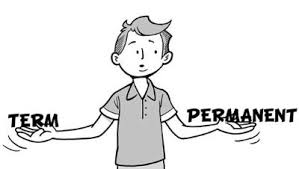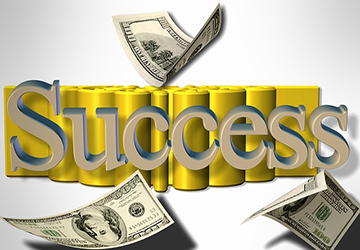Reputable Mortgage Lenders
We ranked lenders on various criteria, including the variety of loans they provided, the quality of their customer service, and the size of their required initial deposit (see our methodology below.) Lender fees are the sum of various costs associated with obtaining a home loan. Costs may be associated with the loan's inception, handling, application, and underwriting. Lender fees aren't the only ones you'll have to pay; there could be costs like document preparation, appraisals, title searches, and title insurance. Lender fees add an average of $1,387 to the cost of a loan, per ValuePenguin.
To whom does this pertain?

Rocket Mortgage has gained a household name in the United States as one of the largest mortgage providers. Rocket Mortgage accepts applicants with credit scores as low as 580, whereas the industry standard is 620.
The Fresh Start program is designed to assist those with low credit scores to raise them before applying to the lender. However, if you apply for a mortgage with a low credit score, the lender's interest rate could be closer to the top of their APR range.
To help people buy homes, SoFi.
To assist its customers in saving as much money as possible, SoFi provides them with various rebates and savings opportunities throughout the home-buying process. Savings of 0.25 percent points are available when you lock in your 30-year conventional loan rate. Furthermore, up to $9,500 in cashback is available when you buy a property through the SoFi Real Estate Center, which HomeStory supports. The fact that SoFi members can get a $500 reduction on their mortgage loan is another enticing advantage.
How does pre-approval operate, and what exactly is it?
You can find out how much of a loan you qualify for and your interest rate by getting a "pre-approval," which is a statement or letter from a lending institution. Bank statements, pay stubs, tax returns, and employment verification, to mention a few, may be required for pre-approval. A mortgage pre-approval letter will be issued to you after the process is complete, allowing you to begin house hunting with confidence. Get pre-approved for a mortgage before you start house hunting.
Mortgages: What's the deal?
You should get a mortgage if you need money to put down on the house. A mortgage is an agreement between a borrower and a lender that allows the borrower to acquire real property by making fixed monthly payments over a set period in exchange for financing a portion of the purchase price of the property (typically between 3% and 20% of the home's purchase price).
Explain what a conventional loan is.
Private lenders provide the capital for conventional loans, which are then packaged. This is the most prevalent sort of loan, and it's possible to find a lender who will accept a down payment of just 3% or 5%.
The Federal Housing Administration (FHA) loan is defined.
Loans insured by the Federal Housing Administration (FHA) allow you to buy a property with less stringent qualifications than conventional mortgages. Some borrowers with weaker incomes or credit histories may qualify for these types of loans. A standard FHA loan only necessitates a 3.5% down payment.
When someone asks, "What is a USDA loan?"
Loans from the United States Department of Agriculture (USDA) are available to people who live or want to move to rural areas of the country. With a USDA loan, there is no down payment required, so you can utilize it to buy a house in a rural area.
VA Loans - What Are They?

Veterans, active duty military personnel, and their surviving spouses are eligible for a VA mortgage loan through the U.S. Department of Veterans Affairs. They need no initial investment and don't call for PMI.
What exactly is a "jumbo loan"?
Buyers who need over $647,200 are the target audience for jumbo loans. Jumbo loans, unlike conventional mortgages, are not backed by Fannie Mae or Freddie Mac. Hence they have tougher standards in terms of credit history and debt-to-income ratios.
To what factors does my mortgage interest rate belong?
Mortgage interest rates can fluctuate daily depending on various market factors, such as inflation and the state of the economy. Though the Fed doesn't directly control mortgage rates, they tend to follow the Fed's lead on interest rate changes.











